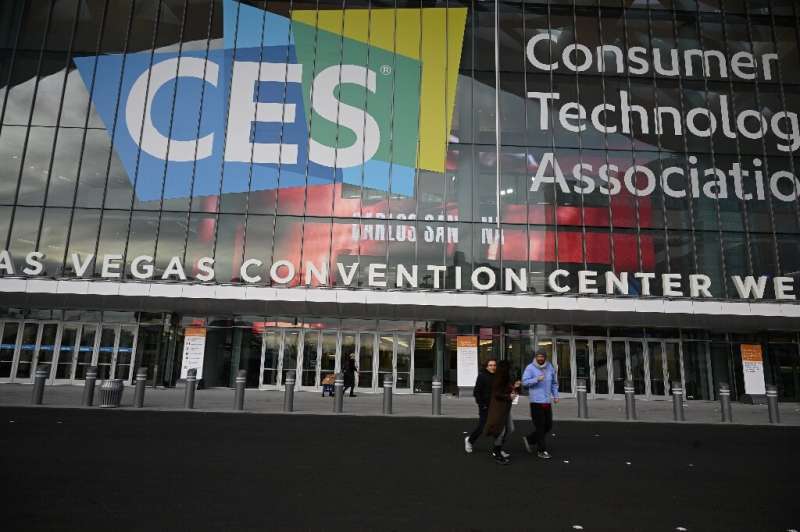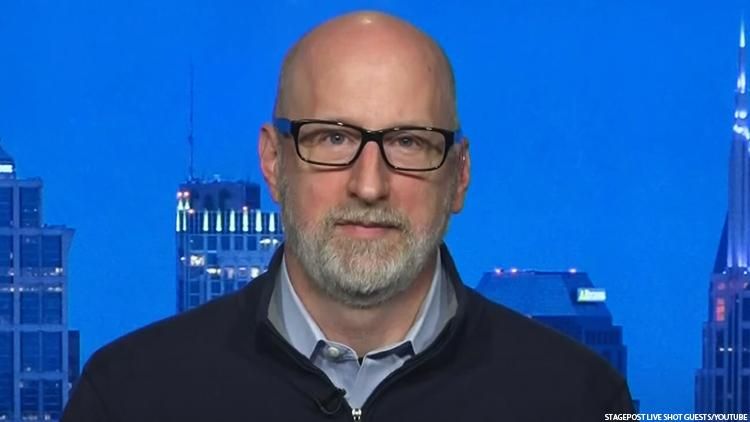Many of the 5,000 staff at Amazon’s operations in Ireland include software and network engineers in addition to warehouse workers in the company’s fulfilment centre in Dublin.

Amazon is preparing to cut 18,000 jobs in response to the economic downturn.
THU, 05 JAN, 2023 -
CÁIT CADEN
Amazon’s workforce in Ireland is likely to escape the full effect of the multinational’s latest job cuts announcement, which will largely impact those with retail roles.
Amazon’s CEO Andy Jassy said in a blog post that the company plans to increase the number of planned job cuts from 10,000, announced in November, to 18,000 due to the “uncertain economy”.
“Several teams are impacted, however, the majority of role eliminations are in our Amazon stores and people, experience, and technology (PXT) organisations,” said Mr Jassy.
Many of the 5,000 staff at Amazon’s operations in Ireland include software and network engineers in addition to warehouse workers in the company’s fulfillment centre in Dublin.
Minister for Enterprise, Trade, and Employment Simon Coveney said: “My department has been speaking directly to Amazon and will stay in close contact with the company, as of course will the IDA."
"We'll do everything we can to make sure that the conditions here in Ireland are as competitive as they possibly can be to make sure that companies are announcing new jobs as opposed to job losses," he added.
Amazon did not provide any further detail about the planned job cuts to the Irish Examiner.
Job losses
It is unclear how many people have been laid off so far by Amazon since it announced plans to cut jobs last year. Now that the number of planned layoffs has increased by 8,000, Amazon said it will start contacting impacted employees on January 18.
The company did say there would be some job cuts in Europe, but it remains unclear what countries will be affected. The global retail and delivery giant operates stores in nine European countries but has yet to enter the Irish physical retail space.
Reports last year signalled that the company’s bricks and mortar shops have been struggling as it confirmed plans to close 68 stores across the US and the UK.
Blog post
Mr Jassy was prompted to publish his blog post after one of the 1.5m people that work at Amazon leaked the news that more employees are expected to be cut from the company this year.
In his blog post, Mr Jassy also said that when they were preparing to cut jobs last year, he “expected there would be more role reductions in early 2023”.
“Companies that last a long time go through different phases. They’re not in heavy people expansion mode every year,” said Mr Jassy.
Amazon investors gave a positive reaction to the latest belt-tightening efforts, betting it may bolster profits at the e-commerce company. The shares climbed nearly 2% in late trading after the plan was first reported.
Amazon is not alone in slimming down its workforce. The tech slowdown, spurred on by rising interest rates, increasing regulatory requirements, and soaring inflation has led to job cuts announcements by other tech giants like Stripe, Twitter, Meta, Intel, and most recently Salesforce.
Salesforce said it will cut 10% of its global workforce, further fuelling fears for the tech industry in Ireland and abroad.
The department of Enterprise, Trade, and Employment has not received a collective redundancy notification in relation to potential redundancies at Salesforce yet.
Additional reporting by Bloomberg















